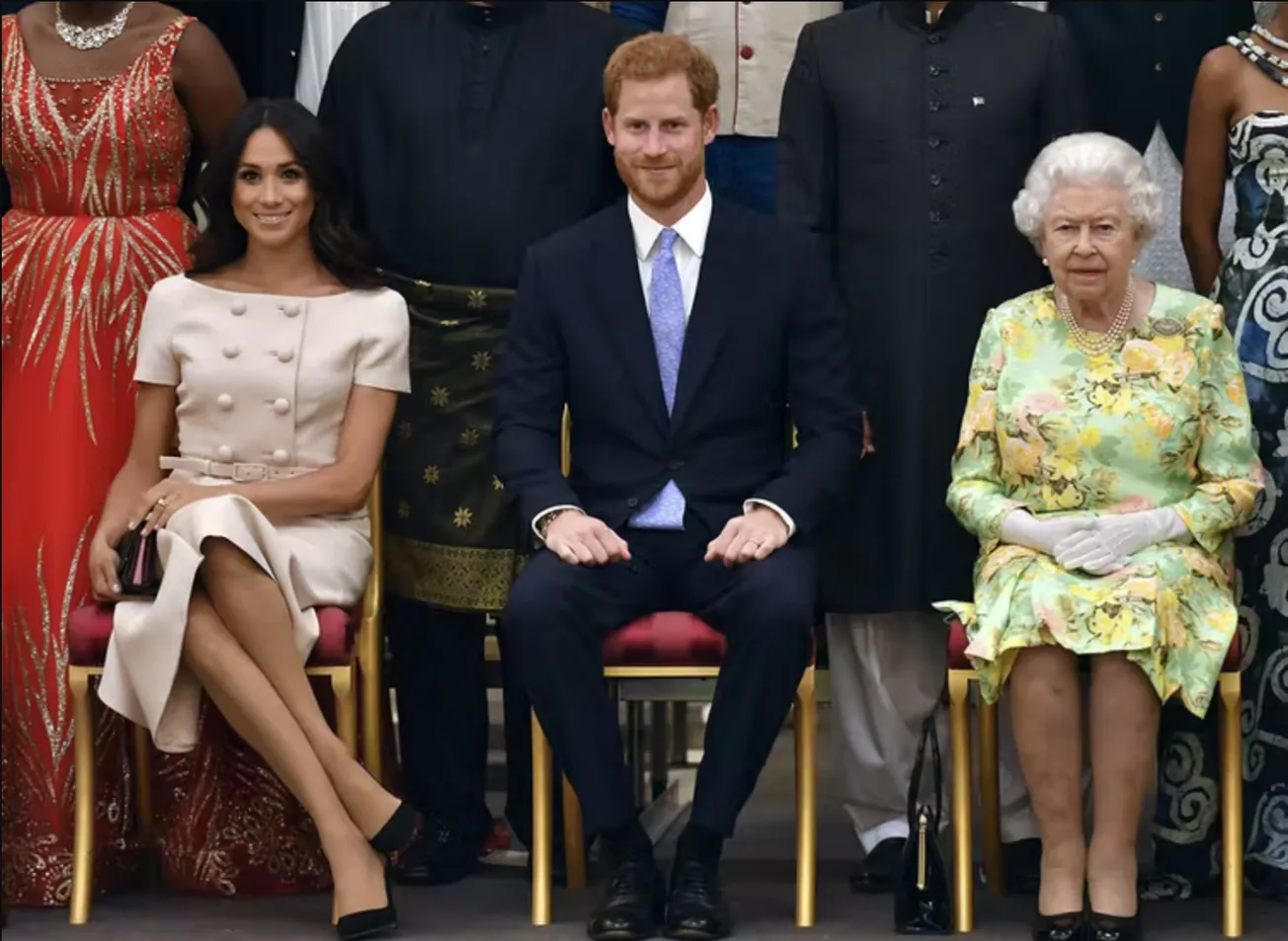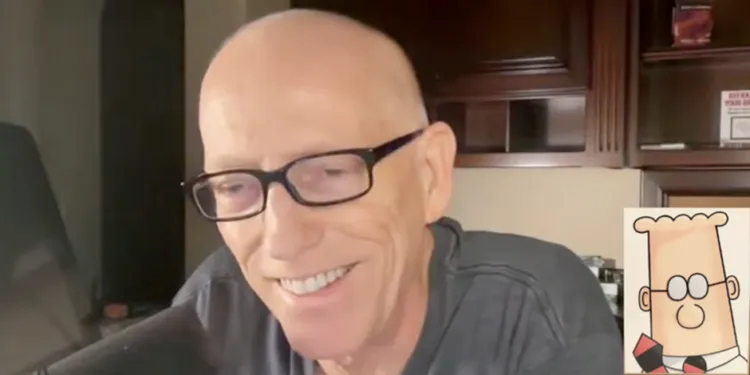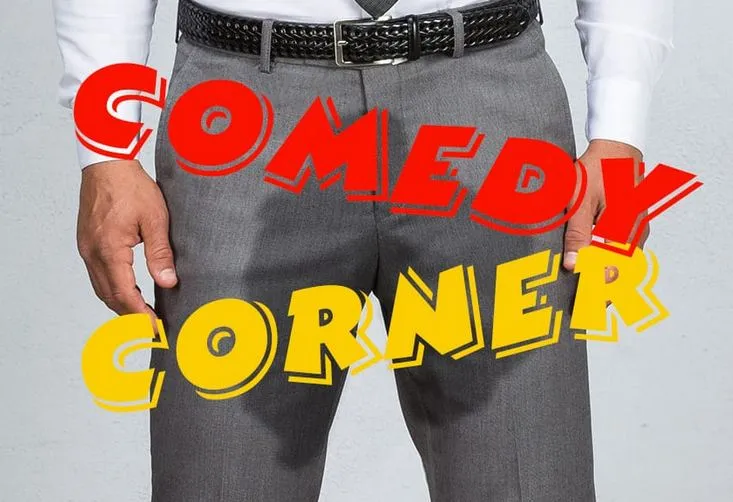Table of Contents
Margaret Somerville
Margaret Somerville AM, DSG, FRSC, FRSN, DCL is Professor of Bioethics at the University of Notre Dame Australia School of Medicine (Sydney campus). She is also Samuel Gale Professor of Law Emerita, Professor Emerita in the Faculty of Medicine, and Founding Director of the Centre for Medicine, Ethics and Law Emerita at McGill University, Montreal.
Her books include The Ethical Canary: Science, Society and the Human Spirit (Penguin 2000); The Ethical Imagination: Journeys of the Human Spirit (Anansi 2006; CBC 2006 Massey Lectures) and Bird on an Ethics Wire: Battles about values in the culture wars (MQUP 2015).
Among her many honours and awards are the Order of Australia, Fellowship in the Royal Society of Canada, eight honorary doctorates and the UNESCO Avicenna Prize for Ethics in Science.
Recently I wrote a poem which I called “The Post-Modern Heretic” and shared it with the editor of MercatorNet, Michael Cook. In it, I reflected upon my struggles, over many years, of trying to work on the honourable middle ground between progressivism and conservatism in bioethics.
It has been quite exhausting and even discouraging at times to be treated as a post-modern heretic. Why must defending life and asserting a child’s right to a mother and a father be regarded as secular blasphemies?
Michael’s response was to suggest that I should write my autobiography. I replied:
I don’t believe I’m brave enough to do that. It would have to be comprehensive and honest and some people could be shocked. I console myself with Thomas Jefferson’s saying that it’s not your failures that count, it’s what you do with them. What a terrible – indeed tragic – attempt at an autobiography Prince Harry has made. How can he possibly think that admitting to having killed 25 “enemy combatants” that he said he saw as “pieces of a chess game” and that he has neither “satisfaction” nor “embarrassment” for doing so, could make him a hero? Some actions we ought only to do with great regret.
Harry’s attitude reminds me of the way some people perceive abortion or deal with research on human embryos. There is a world of moral difference between believing that women should have a choice regarding abortion and celebrating abortion as a triumph of implementing respect for women, as some pro-choice advocates do. Describing human embryos as “just a bunch of cells”, depersonalises them and desensitises us to what we are doing. Likewise, Harry’s approach to killing enemy soldiers in war.
Michael wrote back:
It does take some courage [to write an autobiography], whoever you are… What if you wrote something about autobiographies – why you are reluctant and why Harry seems so eager? Is it about the contemporary vice of expressive individualism or performative egoism… Trump, even more than Harry, is its most visible exponent.
So are people like me cowards and those like Prince Harry brave? The answer to both questions is one lawyers often use, “that depends”. To answer requires looking at the reasons people write autobiographies and the reasons they do not.
These reasons are often complex and encompass the likelihood of hurting or benefiting oneself or others. They can be more or less worthy, selfish, altruistic, visionary, narcissistic, egocentric or pathological. The authors’ goals can be to benefit themselves, including monetarily, or to generate or enhance their celebrity, or to harm another, or simply to “do good”, as they see that, for instance, seeking forgiveness from others one has wronged.
Some people have indirect ways of creating an autobiography that are not open to all people. Here, I am thinking of artists – poets, painters, music performers and composers, writers, film directors and so on – scholars, scientists, world leaders, even some politicians. Many of these people present ideas, feelings, experiences that have played a seminal role in their own lives under the cloak of artistic expression or scholarly contribution. I know this from my own experience. This is an important reason why freedom of speech, in general, and academic and artistic freedom, in particular, are so essential and “cancel culture” is so dangerous.
Paradoxically, we are much safer as both individuals and as a society hearing what we vehemently disagree with than hiding it. Chinese philosopher Sun Tzu’s 2,500-year-old text, The Art of War, stresses the importance of knowing our enemy in order to protect ourselves. We cannot know our enemies if we do not know what they think and believe. (As an aside, it is important to keep in mind that not everyone with whom we have disagreement or even conflict is our enemy.)
In their daily activities, these creative people leave a footprint of their existence that will exist in a future where they will no longer be present in the flesh. Many of them readily admit they want to leave a legacy.
Almost all of us want to leave a legacy. An important example of understanding this is Canadian palliative care physician Dr Harvey Max Chochinov’s book Dignity Therapy, which describes a psychotherapeutic intervention for terminally ill people to help them to find dignity and hope by leaving the story of their life as a legacy for their families.
Many people who want euthanasia give feelings of loss of dignity as their reason and they suffer from hopelessness – they have nothing worthwhile to which to look forward. We need a sense of connection to the future, a belief that what we do now will matter in the future, to generate hope.
The “dignity therapy” intervention involves trained healthcare professionals helping people to write their life story to produce a document which will be given to their family or loved ones after they die. This enables people to see that their life has meaning and they have value and dignity; it generates hope.
What, might we speculate, were Prince Harry’s reasons for writing Spare? The translation of the Spanish title is In the Shadow. Does he want to be judged as a worthy person and is he trying to ensure he leaves a legacy to that effect? Is his desire in this regard mainly to protect and benefit his children?
On the other hand, his reasons for writing this book could be more like those many of us could have. Does he just want to explain himself, justify himself, or glorify himself? Is he seeking understanding and empathy? Revenge? Money?
Harry has been harshly judged by the media. The book is already breaking sales records, but he has been called a crybaby, a traitor and a snake in the grass. Perhaps, however, Spare is more like dignity therapy than a historical record. Is it psychotherapy? Is he fundamentally trying to make sense of his troubled life?
He deeply loves his mother, Princess Diana, placing her on a pedestal, and brands the now Queen Consort Camilla as the wicked stepmother, blaming her for breaking up his parents’ marriage. Perhaps writing Spare is his way of exorcising the demons which have tormented him ever since his parents divorced.
People often refer to their children as their legacy. In this sense, Prince Harry himself is Diana’s and Charles’ legacy. Only time will tell whether his autobiography will enhance or destroy that legacy or, perhaps, even the monarchy itself. Once we have tangible evidence of the “feet of clay” of our heroes or those we lionise, the mystery on which their mastery of us depends, is destroyed. At the least, we question bowing or curtsying – or trusting or listening – to them. We should also question whether our intense interest in Prince Harry’s life and book shows some weakness on our part.
And all of this flowed from Michael Cook suggesting I write an autobiography. I am still not feeling brave enough!







![[The Good Oil] Stuff Up of the Day](/content/images/size/w1304/format/webp/2024/09/Stuff-up-image-1.webp)